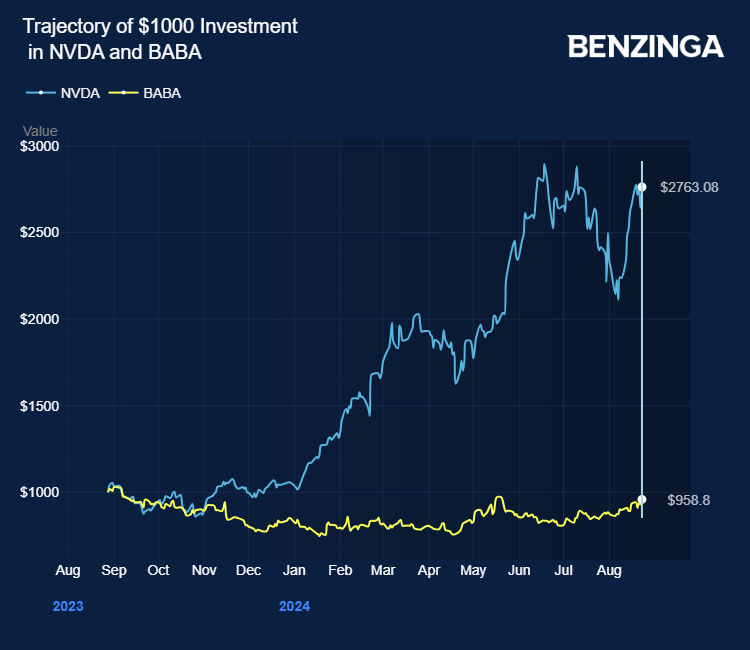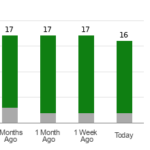Chinese AI Developers Adapt to Semiconductor Sanctions
Amidst U.S. sanctions on semiconductor imports, Chinese artificial intelligence developers have ingeniously managed to access sophisticated Nvidia chips through unconventional means. These developers are circumventing the restrictions by harnessing computing power overseas, tapping into a world where cryptocurrency and blockchain technology converge to evade obstacles.
Innovative Strategies in AI Chip Acquisition
By renting computing power from data centers abroad and leveraging decentralized platforms, Chinese AI developers are sidestepping the complexities of physically importing chips into China. Examples abound, such as Derek Aw’s deployment of over 300 servers loaded with Nvidia chips in Australia to fuel AI algorithms for a company in Beijing. Similarly, Joseph Tse orchestrated the setup of 400 servers in a California data center to train AI models using Nvidia’s H100 chips.
Alibaba’s Strategic Investment in AI Infrastructure
Aligned with the burgeoning AI landscape, Alibaba Group Holding, Tencent Holding, and Baidu Inc have collectively injected $7 billion into bolstering their AI capabilities. This substantial capital expenditure underscores China’s commitment to advancing its AI infrastructure and staying competitive on the global stage. Notably, Chinese tech companies are gravitating towards lower-performance processors like Nvidia’s H20, priced attractively between $12,000 and $13,000 per unit.

Forecasted Growth in Nvidia Chip Shipments
Projections indicate that Nvidia is poised to ship over a million units of these processors to Chinese firms in the near future, boosting their AI capabilities and driving innovation within the sector. Despite these strides, China’s tech heavyweights are still playing catch-up in terms of capital expenditure compared to their American counterparts such as Alphabet Inc, Amazon.Com Inc, Meta Platforms Inc, and Microsoft Corp, who collectively invested $106 billion in the same period.
Stock Performance Amidst Industry Dynamics
As the AI fever rages on, Nvidia’s stock has soared an impressive 176% over the past year, reflecting the company’s pivotal role in fueling Chinese AI ambitions. In contrast, Alibaba has experienced a 7.4% decline, attributed to economic challenges, intense domestic competition, and the repercussions of semiconductor sanctions. Despite these headwinds, the strategic investments made by Chinese tech giants signal a resolve to carve out a prominent position in the global AI landscape.
NVDA stock traded higher by 0.53% at $130.05 premarket at last check on Monday.
Disclaimer: This content was partially produced with the help of AI tools and was reviewed and published by Benzinga editors.
Photo via Shutterstock






